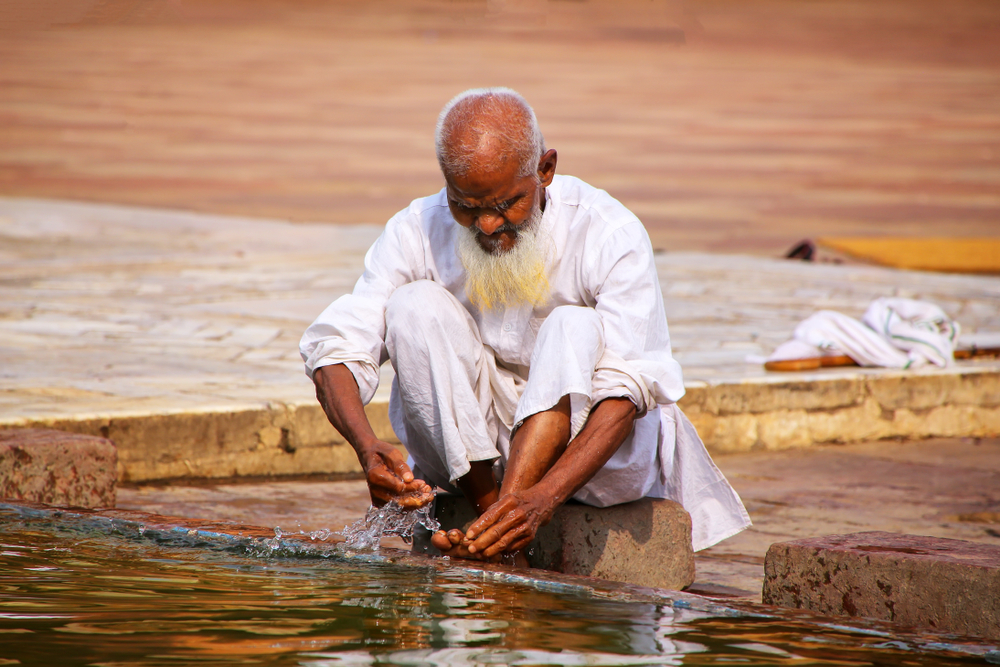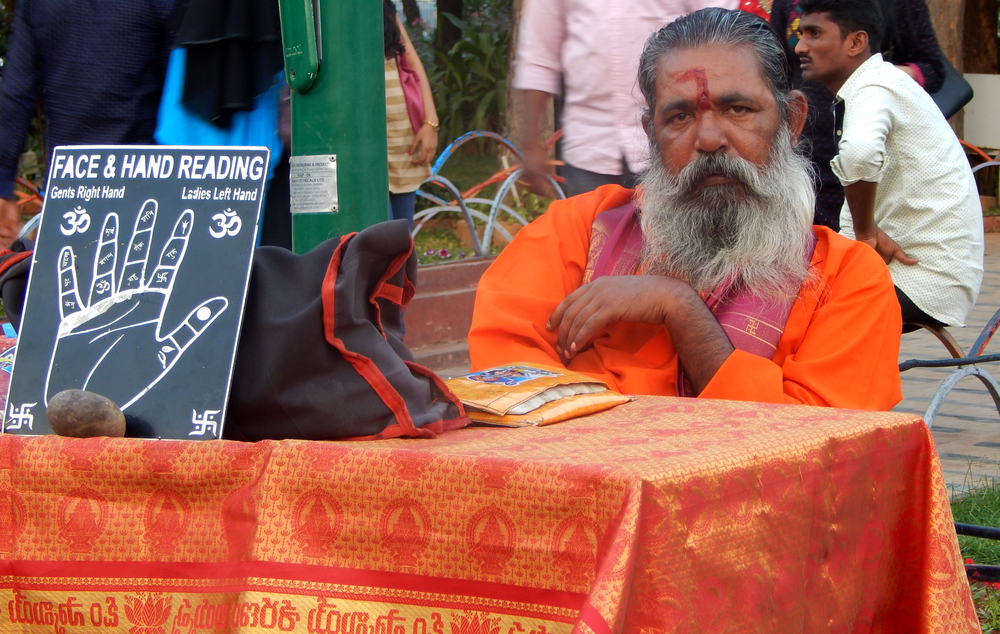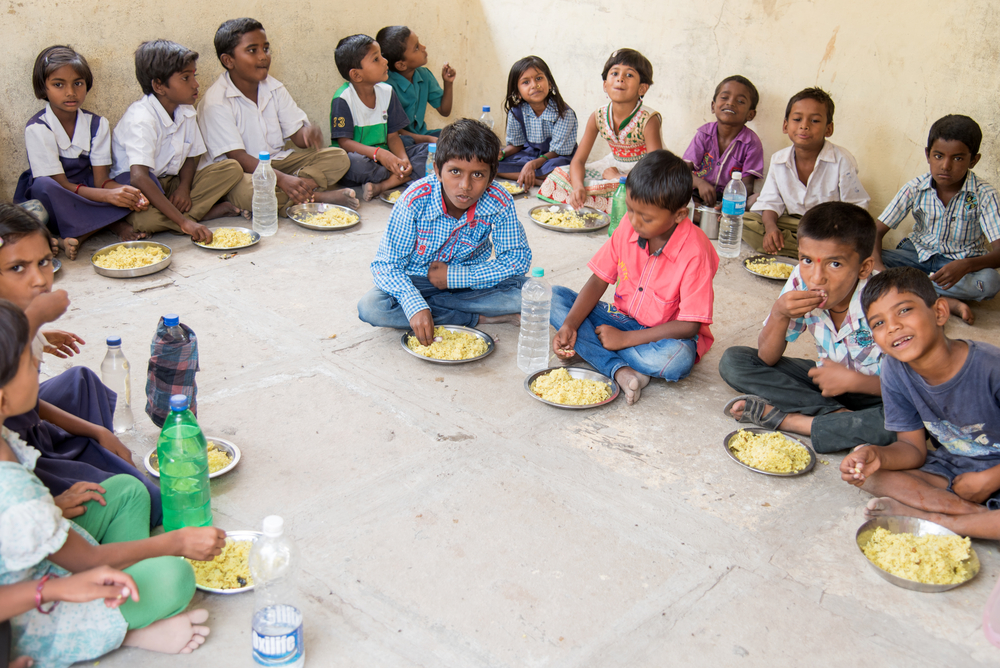Culture and Society: Stereotypes
Being both oversimplified and an opinion by definition, a stereotype about a group of people may have much or very little truth to it. While painting any group with a single brush can be risky, knowing that certain stereotypes exist can be an important step in understanding a culture. If you're a traveler, this knowledge can help you avoid offending the people of your host country.
The following stereotypes are presented in two sections: first, those often held by foreigners visiting this country; and second, those often held by the country's own inhabitants. The description below each entry attempts to explain why some people may believe the given stereotype.
Please note that these stereotypes do not necessarily represent the views of World Trade Press or its employees, but are presented here in an effort to make you a more informed researcher or traveler. Through your own experiences you may find some or all untrue, only partially true, unfair, or fairly accurate.
Stereotypes of Indians as Accepted by Some Foreigners
Cleanliness Obsession
Indians are very concerned with personal cleanliness even in the most impoverished situations.
Regardless of the stifling heat and humidity, Indians make every attempt to present a well-groomed appearance. No Indian businessman would ever consider leaving home with an unpressed shirt, and there are no “casual” Fridays at work. In a country with high population density, cleanliness is often difficult for the lower classes, so washing in rivers is not unusual. Indians even frown upon passing along well-used paper money because of its hygienic problems. As India gets richer, it gets cleaner.
Caste Orientation
For all of the statements otherwise, the caste system continues unabated in India.
India’s caste system was officially abolished in 1950, but the 2,000-year-old social hierarchy imposed on people by birth still exists in many aspects of life. The Western view of this caste system—originally for Hindus—is much more brutal than the reality, although the reality is far from pleasant for the lower castes. Jobs, schooling, marriage, and advancement are all dictated for each person virtually from birth. The election of an “untouchable” for the largely ceremonial presidency of the country in 1997 was little more than symbolic. Indians accept their caste situation as a religious, not just social, obligation. To try to seek goals beyond one’s caste is to risk repeating that level in your next life. Foreign opinions are best left unspoken.
Strength in Numbers
Indians are a very superstitious people, and even the educated classes revert to ancient custom regularly.
Every Indian has their astrological chart prepared for them at birth. Where the stars point, the child shall go. Numbers are very important to Indians and they—not the Arabs—are the inventors of the global numbering system and its characters. Business deals, marriages, and celebrations of all sorts are scheduled for when the heavens, the date, and the time of day say it is right. Even the addresses of houses or office buildings can be considered auspicious or doom-filled.
Food Scruples
Indians take great pride in their food, and it comes with many strictures that foreigners find pointless.
India’s different religious sects have differing dietary requirements, so vegetarians, non-beef eaters, and omnivores might all sit down at the same table. Some sects are restricted from eating food not prepared on their home fires unless it cannot be avoided. This practice has led to the delivery of thousands of home-cooked lunches to urban offices each day all over India. With so many Indians traveling the world on business nowadays, some of these restrictions have had to be modified to accommodate other cultures.
Chaotically Efficient
India is progressing at warp speed, but the country could use a good dose of organization.
India has two speeds: lightning and bureaucratic. Anyone who has ridden in an automobile through the streets of Mumbai (Bombay) can see just exactly how controlled chaos manages to function in close quarters. India inherited a bureaucracy from its British colonial days, and it has been expanding ever since. India’s frenetic nature is kept in check by bureaucratic lethargy to create one of the fastest growing economies in the world. It may not fit Western standards of clear-cut organization, but it certainly works for the Indians.
Stereotypes of Indians as Accepted by Some Indians
Tradition Bound
We need to bring our country up to date economically as well as culturally. Our traditions weigh us down
Many Indians who have lived or traveled abroad have returned to their homeland only to become annoyed with how backward their country has remained. Petty bureaucracy, worn out infrastructure, arranged marriages, caste discrimination, and a 19th-century education system all seem a long way from improving. However, some see these as the cornerstones of Indian success. Now that the Indian diaspora has returned from Silicon Valley and the London Stock Exchange, perhaps the wheels of change will spin faster.
The New Giant
It will be India, not China, which becomes the leader in Asia. We have more to offer and we are more cosmopolitan.
India is the world’s largest democracy and has the largest number of English speakers of any country. Its population will exceed China’s in the very near future if it hasn’t already. The Indians also have more experience in dealing with the West than China, and it is free of totalitarian baggage. Indian companies have already conquered the technology and industrial sectors with the financial world currently under assault. India is, however, happy to let China garner all the negative attention as India moves forward. Tiger, tiger burning bright.
Fair Play
We are the equals of any culture in the world, and we are tired of being treated like third-rate coolies.
Indians don’t like being considered the West’s “untouchables.” The stereotype of the “oily” Indian promoted by British colonial past is just as offensive as the Indian convenience store clerk arguing with Homer Simpson. Indians feel they have earned the right to have this type of racial bias eliminated for the good of all.
Cricket’s the Thing
We are obsessed with cricket. It is either the best or the worst thing the British ever did to us.
India’s cricket players are at the top end of world-class, and their services are sought by the best teams everywhere—even in the United Kingdom. When the national team is playing, the country comes to a standstill. The toll on productivity and family life can be high. A bad result can result in murderous riots, especially when arch-rival Pakistan is on the other side of the wicket. Indians occasionally feel a twinge of guilt for obsessing on this colonial inheritance, although the twinge is sweetly soothed by beating England at its own game.
Corruption Disruption
We have to cure our government of its bribery addiction. It is our greatest national shame.
India is ranked among the world’s largest economies, however, it ranks pretty low when it comes to government honesty. The Indian government’s taste for bribery is entrenched and went undiminished even as government salaries rose. Government officials consider it their right, along with healthcare and vacation pay. The corruption has stifled foreign investment, and wealthy Indians returning home as technology millionaires hoping to open homegrown businesses were nonplussed by the situation.
Copyright © 1993—2025 World Trade Press. All rights reserved.

 India
India 

